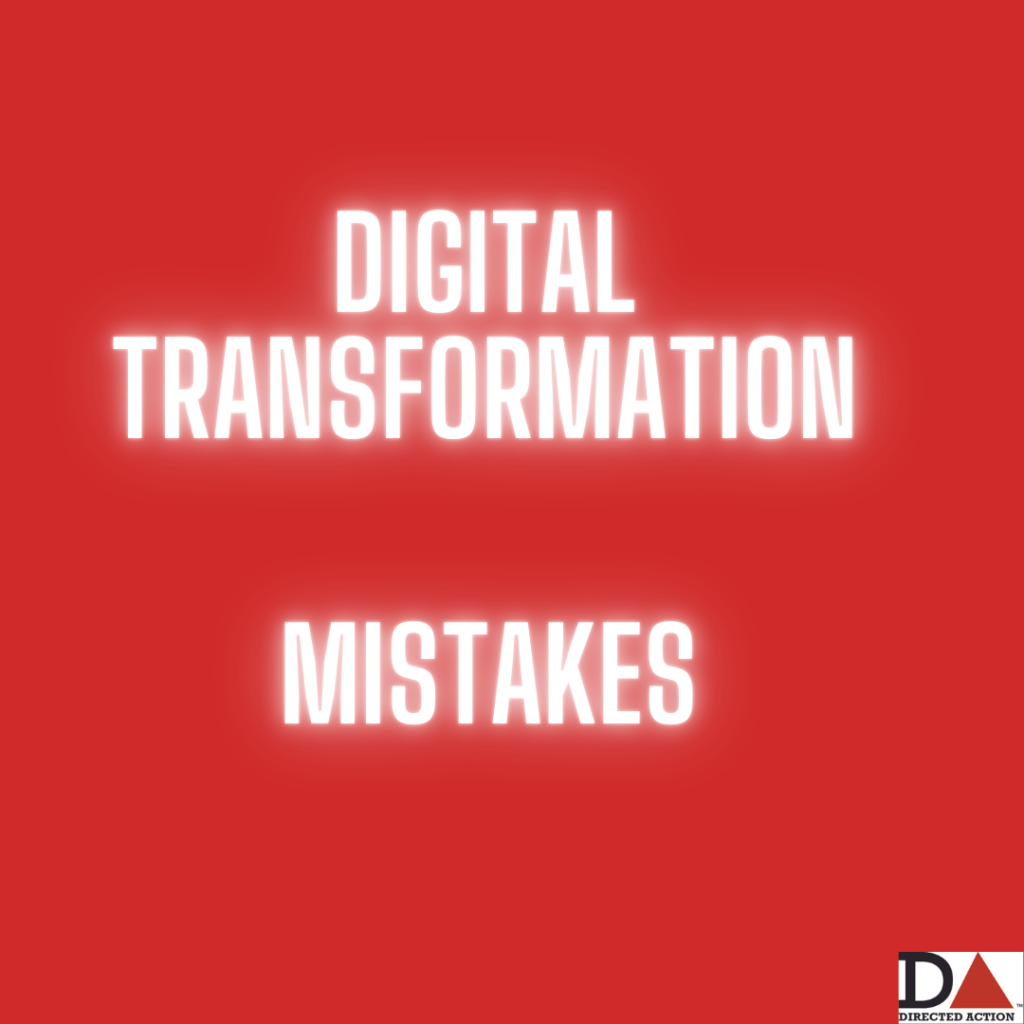Lessons Learned and Taught with Accounting Students
Last year I spoke to a class of accounting students at NC State. While there, I took this picture with the statue of Jim Valvano, the iconic basketball coach whose career culminated at NC State. I wrote this on LinkedIn after the experience:
“In the spirit of great teachers and coaches, Jim left us with a speech at the ESPYs that is as powerful as his basketball career. Fighting cancer he said, “’Don’t give up. Don’t ever give up.’”
As we approach March Madness, I thought back on that trip and reflected on how researching and evaluating what I had to offer these students illuminated the new realities for students making accounting and finance their career choices and how it will impact seasoned professionals as employers, coworkers and mentors.
The field of play
As new students embark on their journey in accounting, it is easy to focus on mastering technical skills like journal entries, tax codes, and financial statements. These are undeniably important, but the world outside of pure accounting demands much more. The future of accounting isn’t just about crunching numbers—it’s about understanding how businesses operate, managing relationships, and adapting to ever-evolving technologies. This guide offers a broader perspective to prepare students for success in the modern accounting landscape.
Accounting in Context: Understanding the Bigger Picture
What Is the Organization?
Before diving into debits and credits, it is critical to understand what an organization truly is. At its core, an organization is a network of people, processes, and systems working toward a shared goal. Whether it is a multinational corporation or a small nonprofit, every entity is shaped by its mission, values, and operational model.
To excel as accounting professionals, students must see beyond financials. They should learn about the organization’s business operating model:
- How does it generate revenue?
- Who are its key stakeholders?
- What external factors, like market trends or regulations, influence its operations?
This knowledge helps align accounting practices with organizational goals, ensuring value is added beyond the numbers.
What Is Their Role?
One thing I’ve realized in my role as a guide to financial divisions of large complex companies, the role of an accounting professional is multifaceted. They are not just record-keepers; they are trusted advisors. Accountants influence strategic decisions by providing insights into financial performance, forecasting future trends, and identifying potential risks.
Here is where professional skills and experience come into play. Developing domain knowledge—whether in retail, healthcare, or manufacturing—is essential. Coupling that with soft skills like communication, collaboration, and critical thinking will set professionals apart. For instance, presenting complex financial data to non-financial stakeholders requires both clarity and empathy.
Processes, Procedures, and KPIs: The Backbone of Business
Mastering Processes and Procedures
Every organization relies on structured processes and procedures to function efficiently. From payroll to procurement, each process has a ripple effect on financial outcomes. Accountants often stand at the intersection of these workflows, ensuring compliance, accuracy, and optimization.
Understanding the importance of internal controls and their role in risk management is key. For example, procedures like segregation of duties or regular reconciliations are not just bureaucratic steps—they are safeguards that protect the organization’s assets and reputation.
Tracking KPIs
Key Performance Indicators (KPIs) are the metrics organizations use to measure success. For accountants, financial KPIs like gross profit margin, accounts receivable turnover, and cash flow ratios are just the beginning. To truly add value, professionals should also familiarize themselves with non-financial KPIs, such as customer satisfaction or employee retention, which provide a more holistic view of organizational performance.
By integrating these metrics into their analysis, accountants can offer insights that help organizations achieve their strategic objectives.
Integration: The Power of Connected Systems
In today’s digital age, integration is the name of the game. Accounting does not exist in isolation; it is deeply intertwined with other business functions like supply chain management, marketing, and human resources. For example:
- Supplier Relationships: Issues with suppliers—delayed deliveries, quality problems, or payment disputes—can have substantial ramifications on financial performance. Understanding how supplier dynamics impact cash flow, inventory levels, and customer satisfaction makes accounting professionals more effective.
- Technology Integration: Modern accounting systems are increasingly connected to enterprise resource planning (ERP) tools, customer relationship management (CRM) platforms, and data analytics software. As these systems become more integrated, accountants must understand not only how to use them but also how to analyze the data they generate to drive decisions.
The Shift from Knowledge to Learning
Keeping up with technology is not about what is already known; it is about how one learns. Technology evolves rapidly, and the tools in use today may be obsolete in a few years. What is crucial is developing a mindset of continuous learning.
- Staying curious about emerging technologies like blockchain, AI, and automation is essential.
- Participating in professional development programs or online courses helps sharpen skills.
- Experimenting with new tools provides hands-on experience, which is one of the best ways to learn.
By adopting this growth mindset, accountants can remain adaptable and resilient in a fast-changing industry.
Exploring Side Hustles: Broadening Skillsets
Accounting provides a strong foundation for entrepreneurial ventures and side hustles. Whether freelancing as a bookkeeper, launching a financial literacy blog, or consulting for small businesses, these opportunities allow professionals to:
- Apply their skills in diverse contexts.
- Build their professional networks.
- Gain insights into running a business firsthand.
Side hustles also help develop transferable skills, like marketing, negotiation, and project management, which are invaluable in any career.
What This Means for Seasoned Professionals
For seasoned professionals—whether they are employers, coworkers, or mentors—the entry of a new generation of accounting students brings both opportunities and responsibilities. Employers can leverage the fresh perspectives and tech-savvy mindset that new professionals bring, using their skills to drive innovation and improve processes. Coworkers can collaborate with these newcomers to enhance teamwork and share knowledge, creating a mutually beneficial exchange of ideas and experiences.
Mentors, in particular, play a critical role in guiding new professionals, helping them navigate challenges, and instilling the importance of continuous learning and ethical practice. By fostering an environment that encourages curiosity and development, seasoned professionals ensure that the next generation is equipped to carry the industry forward.
Conclusion: Beyond the Numbers
As students step into the world of accounting, it is important to remember that their journey is about more than mastering technical skills. It is about understanding the bigger picture, collaborating across functions, and staying adaptable in the face of change. By focusing on domain knowledge, professional skills, and continuous learning, they will be well-equipped to thrive in the dynamic landscape of modern business.
Embracing the opportunity to broaden their horizons ensures that the world outside of tech and numbers is not only fascinating but also integral to their success as accounting professionals.




